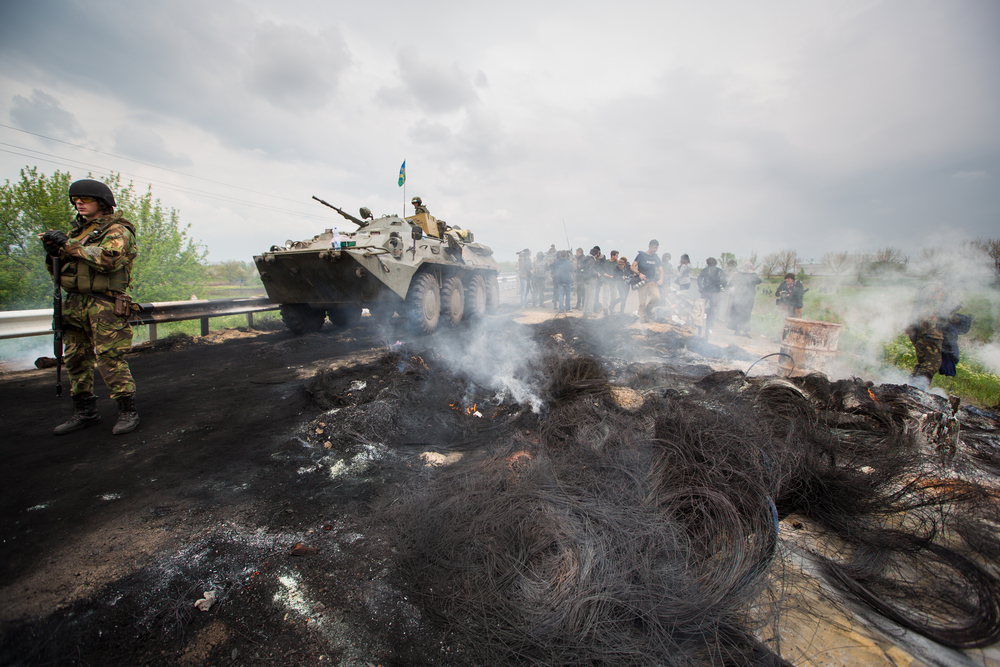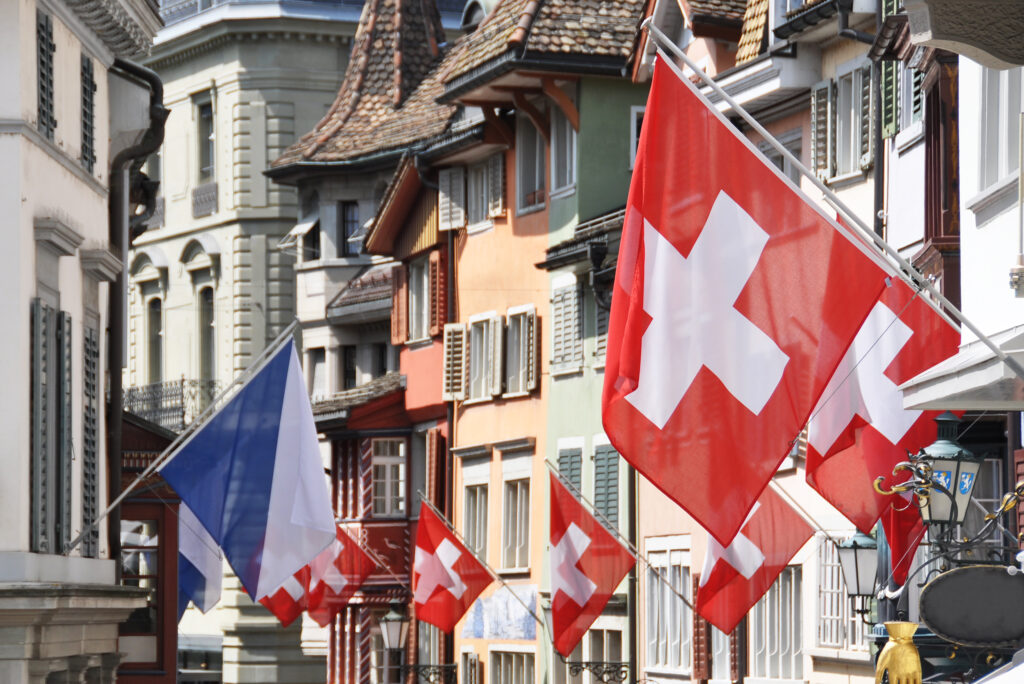الخميس, نوفمبر 3rd 2022

Switzerland will align with the EU on sanctions over delivering Iranian drones to Russia, according to a statement from the State Secretariat for Economic Affairs (SECO).
More on the sanctions, drones
The sanctions will directly affect the Iranian company Shahed Aviation Industries, as well as three senior military officers: Iran’s armed forces Chief of Staff Major General Mohammad Hossein Bagheri, General Sayed Hojatollah Qureishi and Brigadier General Saeed Aghajani. Shahed Aviation is affiliated with the Islamic Revolutionary Guard Corps’ aerospace forces – a sector that designs and builds Iranian drones.
Iranian combat drones can fly up to 1,500 miles from controllers via GPS. These drones are being supplied to Russia and being used in the war against Ukraine, according to SECO officials. Russian military have been using them since August to fly over the Ukrainian border and attack civilians, according to SECO. Iran denies the allegations. Under the sanctions, no business will be done with the company or with the military officials. They are subject to entry bans and their assets in Switzerland will be frozen. SECO officials say these sanctions have no connection to the current protests in Iran.
“The decision was made taking into account all of Switzerland’s domestic and foreign policy interests,” SECO said. Switzerland is facing criticism from both sides over the sanctions. Left-wing critics say the move is largely symbolic and does little to impede Russia. Right-wing critics say it is another step away from neutrality and a step towards the EU.

Switzerland: Germany must respect our neutrality
Earlier this week, German politicians continued to call on Switzerland to bend its neutrality policies to send Swiss-made ammunition to Germany, who will then send it on to Ukraine for its Gepard anti-aircraft tanks. For Germany to obtain the ammunition, it must first seek Swiss permission to re-export them under its War Materials Act which states it cannot send ammunition to another country that will use it for war purposes.
في خضم الحرب، سويسرا تُدفع إلى تعريف الحياد في خضم الحرب
German defense minister Christine Lambrecht implored Swiss defense minister Viola Amherd in a letter to allow ammunition deliveries so that Ukraine could protect its grain exports that will prevent certain African and Asian nations from falling into famine. The tanks are currently lined up along the coast of the Black Sea and Ukraine is running out of ammunition, according to documents.
Germany first ordered the 12,000 Swiss-made rounds decades ago, but Swiss officials have pointed out that the sales contract included a veto if the ammunition was resold or donated to a warring nation. Moreover, the Swiss company that agreed to the contract, Oerlikon-Bührle, no longer exists. Oerlikon-Bührle grew to prominence during WWII when it was a major arms supplier to the Third Reich.
Swiss officials on Monday responded to Germany with thinly veiled references to الحرب العالمية الثانية that the country “no longer respects” Switzerland’s neutrality.
Tracing Nazi gold through Switzerland
The Gepard tanks are one of the more effective defenses against the Iranian drones, according to German military officials. Germany has been struggling to find enough ammunition to fit the 50 Gepard tanks that it donated to Ukraine earlier this year. Brazil, who also produces the rounds, has refused to export to Germany, as well.

Holding fast to neutrality
“Anyone who does not deliver ammunition to an attacked state for national defense can no longer be a reliable supplier of ammunition for us either,” tweeted Marcus Faber, head of Germany’s left-wing Free Democratic Party’s defense group. He added “If Switzerland refuses this to Ukraine . . . then for security reasons, we can no longer get anything from there.”
Swiss politicians, such as the head of the right-wing Swiss People’s Party Marco Chiesa, responded in kind.
“It has never turned out particularly well when Germany has interfered in the politics of other countries,” Chiesa told local newspaper تاغس أنزيغر, adding that “Germany no longer perceives and respects Switzerland as a neutral country.”
“For once, the Swiss government is right,” former Swiss ambassador to Germany Thomas Borer told The Financial Times. Borer also helped write Switzerland’s current neutrality laws.
“It’s clear that delivering arms of weapons into a conflict would infringe the core principle of what neutrality means for Switzerland. As a friendly neighbor that is aware of our laws and obligations, Germany shouldn’t put Switzerland in this position,” Borer said.
يمكن مشاركة هذه المقالة وإعادة نشرها على مواقع إلكترونية أخرى دون إذن منا، طالما أنها ترتبط بصفحة UltraSwiss الأصلية.
